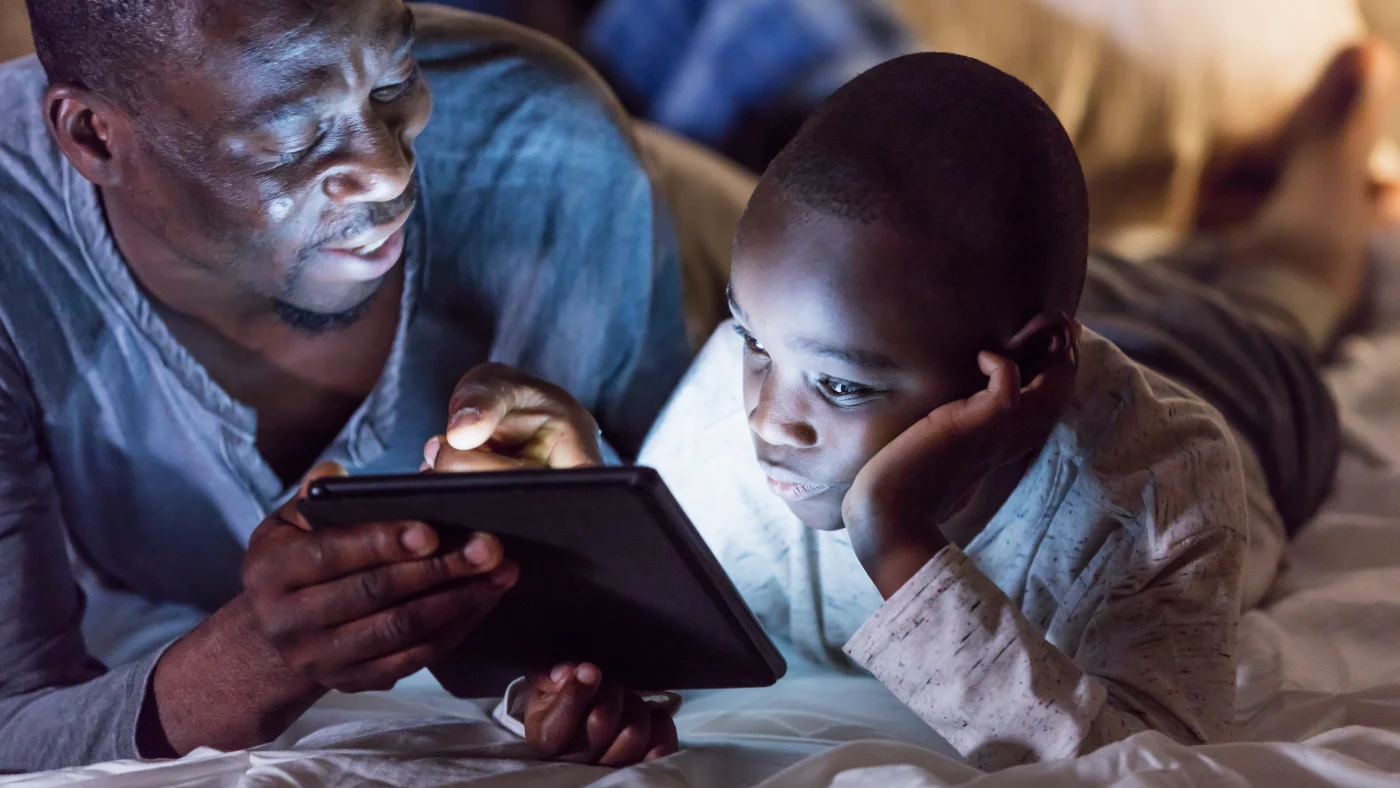"Young school children’s use of digital devices and parental rules" (Goh, 2015)

Dr Le
Articles
26/06/15
"Young school children’s use of digital devices and parental rules" (Goh, 2015)Please note: This post is more relevant for researchers and clinicians.
Research Paper Breakdown:
- Survey
- Face to face interview
- 116 Primary 1 and Primary 2 school students from co-educational schools
- Children were asked about access to digital devices, asking for permission and parental rules
- Conducted in Singapore by National Institute of Education, Nanyang Technological University with funding from Inter ministry Cyber wellness Steering Committee
- 32 questions conducted by the same interviewer over an average of 10 minutes per interview
Weaknesses of Study:
- Parents were not interviewed
- Younger children were observed to be distracted mid-way in the interview
- Younger children may have under reported or incorrectly reported digital device use
- Younger children may have difficulty with concepts relating to time
- Time constraints on interview
- Descriptions of how games were played online and offline were not elicited
- Only 4 schools sampled
Strengths of Study:
- Face to face interview allows for young children to clarify questions they do not understand
- Using the same single interviewer allowed for consistency
- The study asked about multiple devices: computers, mobile phones and tablets
What were their main findings?
- Young children use digital devices mainly for playing games (78%) and e-learning (72%).
- Regarding computer use:The most common instruction from parents was that students were only allowed to play computer games after their homework was completed
- One quarter of students were unable to report specific instructions given by their parents.
- 60% of students reported some sort of time limit on use of devices
- 21% of students reported that they had no time limits imposed on them
- The remaining 19% were uncertain about any time limits from parents
Regarding mobile phone and tablet use:
- Parents tend not to set a specific time limit for playing on the mobile phone
- Parents tend to give vague instructions
What can we learn from this?
- Parents need to understand the activities their child are doing on digital devices and online
- Parents need to stay up to date with the the risks associated their children using digital devices and online
- Young children need to be taught about cyber safety and cyber-wellness
- Parents need to be clear and consistent with their instructions on use of all digital devices
- Young children may have difficulty with concepts relating to time
- Parents need to set specific time limits
- Parents should have a continual open parent-child communication and provide the rationale for setting limits
- Children should be taught self regulations skills at an early age that do not involve digital devices
- Parents should be involved in monitoring of their child's use of digital devices
Source:
Goh, W. W., Bay, S., & Chen, V. H. H. (2015). Young school children’s use of digital devices and parental rules. Telematics and Informatics, 32(4), 787-795.
http://www.sciencedirect.com/science/article/pii/S0736585315000337




